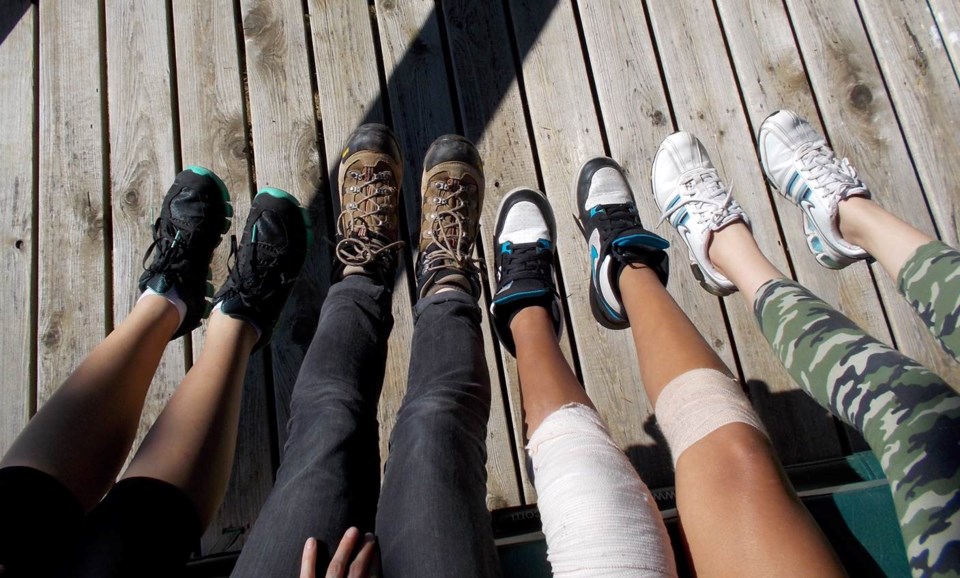Richmond students have received their health report card, and the grades are mixed.
The regional results for the 2018 BC Adolescent Health Survey, conducted by the McCreary Centre Society and completed by over 38,000 B.C. students in grades seven to 12, were released Thursday. The survey was last completed in 2013.
The 2018 survey also saw the highest response rate than previous iterations, and the results are considered to be representative of over 95 per cent of mainstream students grades seven to 12 across B.C.
While the 2018 survey results showed that most Richmond students are healthy and engaged in their schools and communities, it also revealed that there has been a rise in youth who reported having mental health conditions, including depression (12 per cent compared to 7 per cent in 2013) and anxiety disorders or panic attacks (12 per cent compared to 2013’s six per cent).
According to the 2018 results, 19 per cent of Richmond youth — up from 10 per cent in 2013 — haven’t accessed mental health services, citing reasons such as not wanting their parents to know or hoping the problem would go away.
“It’s worrying to see the rise in discrimination, sexual harassment and mental health challenges reported by Richmond youth,” said Annie Smith, McCreary’s executive director, in a press release.
“And to see the percentage who didn’t access needed mental health services almost doubled from five years ago — particularly when one of the main reasons they miss out on services is that they are worried about their parents finding out.”
In 2013, 10 per cent of Richmond students reported that they had seriously considered suicide in the past year. But in 2018, that number rose to 15 per cent.
But less girls attempted suicide compared to the 2013 results, and overall Richmond youth are less likely to attempt to take their own lives than their peers across the province.
Richmond students are also more likely to have experienced racism, compared to other students in B.C. There was also an increase in discrimination based on sexual orientation and gender.
But there are positive findings in the Richmond survey: more girls aged 12 to 17 exercise for more than 60 minutes per day compared to their 2013 counterparts (seven per cent that year to 2018’s 10 per cent).
There was also a decrease in Richmond students who experienced a concussion in the past year, and for those that did suffer from that head injury, more than half received medical treatment.
Richmond youth are also smoking less tobacco than in 2013 (a decrease to nine per cent from 2013’s 14 per cent), but more youth — who haven’t smoked tobacco — have vaped either with or without nicotine in the month before they completed the survey.
And 78 per cent of Richmond’s youth felt safe at school, higher than the B.C. average of 73 per cent. More youth also felt that they had an adult in their lives who cared about them.
Most of the students surveyed in Richmond were also able to name something that they were good at, felt good about themselves and their lives, and were hopeful for the future.



